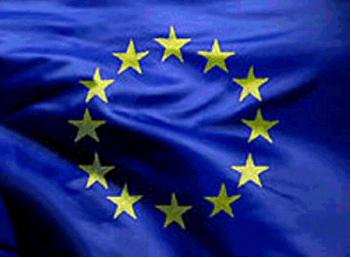DEVE members on disaster risk reduction - 'We need stronger reliance on local knowledge'
"We know that investment in risk reduction and preparedness pays off. We also know very well that disasters hit the local populations the hardest and thus their knowledge and capacity to prevent, manage, and respond to disasters is essential. In fact, without knowledge about disaster risks you cannot successfully manage them and build resilience." "It is time to rely more strongly on the traditional, local and indigenous knowledge", Development Committee Members say on the occasion of the International Day for Disaster Reduction, 13 October.
"In 2014, over 19 million people were displaced by disasters, many of which were exacerbated by climate change. We are pleased to see that this year the international day focuses on traditional, local and indigenous knowledge. Combined with modern science such as meteorological reports, this silent knowledge, passed on from generation to generation, can greatly contribute to reducing risk and building resilience in many parts of the world", says Linda McAvan (S&D, UK) Chair of the European Parliament's Development Committee.
"The great majority of disasters are small-scale and localised, and do not get national or international attention. As they have to be tackled primarily at local level, relying on local and indigenous knowledge makes a real difference both for the success of preparedness and intervention, and more importantly, to its sustainability in the longer term. In the long run, prevention and building resilience save both lives and resources, and in short term they diminish the need for emergency humanitarian response", Enrique Guerrero Salom (S&D, Spain) DEVE committee's standing rapporteur on humanitarian aid notes.
"It is clear that local capacities for disaster risk reduction and management need to be strengthened. We need to go local; this is also one of the messages of the Sendai Framework, adopted last March", the MEPs conclude, also welcoming the recent launch, by the European Commission, of a new virtual EU knowledge centre for improved disaster response. The new centre will complement the work of the EU Civil Protection Mechanism towards coordinated responses to disasters.
Background
This year, the focus of the International Day is "Knowledge for Life" ‒ celebrating communities that demonstrate excellence in disaster risk management in order to draw attention to the importance of local knowledge, traditions and customs for building more resilient and sustainable societies. Knowledge of early warning signals in nature can be vital to ensuring that early action is taken to mitigate the impact of both slow and fast onset disasters such as droughts, heatwaves, storms and floods.
In September 2015, the international community gathered in New York to reach an agreement on the post-2015 development agenda, known as the Sustainable Development Goals (SDGs). This meeting follows the first major gathering last March in Sendai, Japan which saw the adoption of the Sendai Framework for Disaster Risk Reduction 2015-2030. The European Parliament will continue to push the EU Member States to support a coherent and aligned implementation of both these agreements with the outcome of the Paris COP21 Climate Conference in December, with the aim of a mutually enforceable post-2015 agenda.
http://www.preventionweb.net/files/46186_20151013ipr97308en.pdf
Aggiungi un commento
Accedi dalla colonna di destra per aggiungere un commento.


Commenti (0)